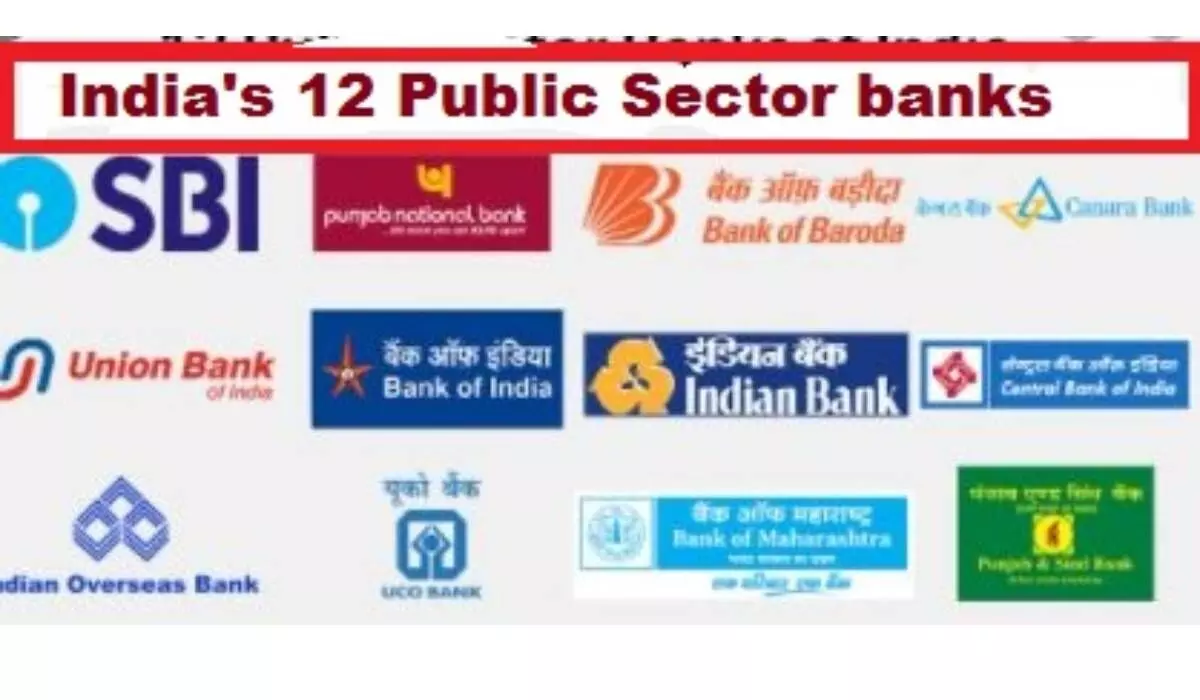PSU bank boards – Need for striking a greater balance
The NOD category featuring experts from different fields adds diversity to boards
image for illustrative purpose

Some news agencies reported that during a meeting with RBI a few weeks back top managements of PSU banks expressed their displeasure with regard to the competence levels of some directors on their boards. They contended that though they were experts in their chosen fields, these directors lacked administrative knowledge of banking and finance, as a result of which they did not contribute in any meaningful way to the deliberations. There were also suggestions that some directors were appointed only because of their ‘connections’.
While the protesting PSU banks may have had a point about some directors, they were exaggerating the importance of having only directors conversant with and knowledgeable about financial and banking matters. Boards need to be broad-based, and not filled with industry insiders, in the interests of good governance and inclusion.
Indeed, the government guidelines on appointment of Non Official Directors (NOD), who are akin to independent directors on corporate boards, state that eminent persons across the spectrum, inter alia, agriculture, rural economy, human resources et al, are eligible to be considered. Board diversity, therefore, is encouraged by the government and banks need to consider this as an asset.
Though PSU banks were off the mark on board diversity, their unease with some directors’ does raise other questions, which need to be recognized and duly dealt with. The bank board’s comprise of directors involved in their day to day running like Whole Time directors (WTM), and directors, who are appointed under the relevant statute, such as government and RBI nominees, shareholder representatives, employee representatives and NODs appointed by the Government. Banks are being headed by non-executive chairmen (NEC) for the last few years, and they have general oversight of their banks and are concerned more with policy, than operational matters.
For proper functioning of banks, all these positions need to be filled. The appointment of WTMs and nominees usually pose problems, which are mostly related to other positions, especially employee directors, shareholder directors, NODs, women directors and NECs. It has been observed that vacancies exist in many of these categories in most banks, in some cases for several years. The omissions are most glaring in the case of appointments of workmen directors and officer employee directors. No PSU bank has filled up these positions for many years now. This has led to non-representation of one of the most important stakeholders in banks, the employees, and deprived banks of an important sounding board on their operations and strategies.
In the case of NECs, the objective behind splitting the earlier CMD post was to improve corporate governance standards, by having chairmen, who were not too closely involved in routine administration and management, and who could give a different perspective. This was a commendable move but sadly action on the ground has been slow. For a long time, most PSU banks remained headless. Though the situation has improved over the years, the fact is that by the last count five of 11 banks remain rudderless.
The NOD category is the one which brings added diversity to bank boards, because it includes eminent persons from different disciplines and fields. Most banks have one or two such directors, principally Chartered Accountants, because of the requirement to have at least one CA on the Board. There is a clear scope for greater diversity. There is also scope for tightening the selection process, going by the dissatisfaction expressed by some banks as regards some directors. Shareholder directors are present in all banks, but questions have often been raised about the manner of their election. The government being the largest shareholder in all PSU banks, has wisely kept itself out of the process of election of these directors but owned PSUs, primarily insurance companies, who are the large institutional shareholders, are free to vote, and do so to swing the vote in favour of candidates supported by them, thereby demolishing the chances of small individual shareholders and lending credence to the view that only large shareholders matter. PSU banks should have a provision for including a representative of small shareholders on their boards, in the interests of inclusion and governance.
One area that has seen improvement in recent years is the representation of women on boards. Practically every PSU bank now has a woman director on its board, which marks a welcome change from the blatant gender disparity that prevailed for long.
Corporate governance in banks is enhanced and performance improves when there is proper representation of all stakeholders in the Board of Directors.
A skewed board composition, on the other hand, could lead to errors of judgment and mar its performance. At a time when both the government and RBI are exhorting banks to remain vigilant on issues of credit underwriting, frauds and customer service, well-balanced boards could handle these challenges better and steer the organizations towards secure and rewarding paths.
(The author is former chairman of Pension Fund Regulatory and Development Authority (PFRDA))

